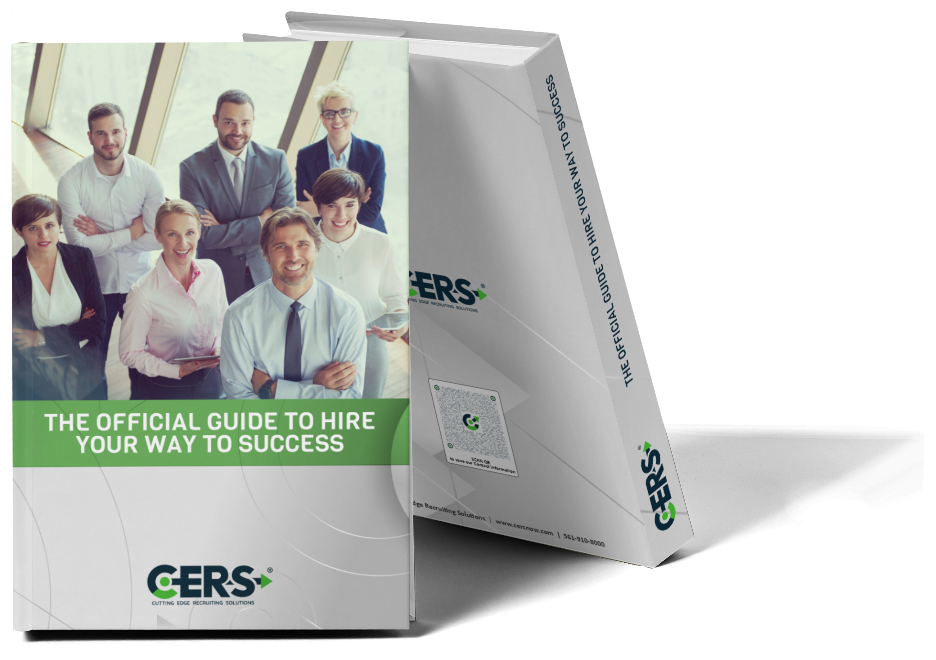Interviewers ask questions so they can understand your background, experience, skills sets, and gain a better understanding of how you may or may not fit into the overall culture of the company. Make sure that you know the information on your resume well. Also, any dishonesty is a deal breaker. We recommend that you anticipate any information on your resume that may be questioned and prepare for how you will respond to them in advance. A few examples are: short stays at previous positions, highlighted accomplishments and gaps in your background. Remember that our objective is to gain interest in you as a candidate for the desired position.
Type of Interview Questions:
- Direct
These are specific questions that are asked in a direct way such as: Q: Why are you looking for a new position? Q: What accomplishment are you most proud of? These are best answered in a direct manner. You should respond with a direct, complete, and well thought out answer that is not long winded. It is always preferred to bring examples to support your response when possible.
- Behavioral
The goal of a behavioral question is so that the interviewer can better understand how you have handled yourself in the past. Often it’s your past performance that indicates your future behavior and success. We recommend answering these types of questions with a specific example from you experiences. It is important that you select an example that you can communicate in relation to the position your interviewing for. Make sure you communicate clearly the entire situation including how it was handled and the result. Remember, follow-up questions about your decisions and why you made them may occur. So, make sure that you are prepared to respond to them.
- Situational
This is when the hiring manager or interviewer will ask you how you would handle a specific situation. These are often hypothetical. Before we can address how to best answer this we need to understand why an interviewer would ask it. They usually are trying to better understand your approach to a situation. It may be to better understand your experience, or to make up for something the last employee did not have. Our advice is to draw off your previous experience and explain how you would handle it. Pick a situation that the end result was favorable. If you do not have experience to draw from answer how you would address the situation.
- Make-believe
These questions are usually to see your ability to think on your feet. For instance, if you had a magic wand, or if you were stuck on a deserted island, if you had on one wish, etc. If I had only one wish I would wish for 3 more wishes. Have fun with these but be prepared to explain your answer. I would remain strategic. Always answer questions with a positive spin. Even if the question is a negative one, for instance, asking about your weaknesses. If a question is not clear or you do not understand, make sure you follow-up and clarify before attempting to answer.
Here are a few of the most common questions:
- Why do you want to work for our company?
This question is where you research on the company will pay off and you can give a good detailed answer.
- What drives or motivates you?
Be clear with your response. You should know the answers.
- How long do you think it would take you to get up and running in this position?
You response should be well thought out. Be ambitious, but not unrealistic.
- What would previous co-workers or people you have worked with say about you?
Remain positive and provide information that will outline your strengths in the important areas of the position. Reference letters are great here.
- Why do you want to leave or have you left your current position?
Never speak negatively about your current or last employer, managers, or co-workers. Keep this answer positive, brief, and finish by reminding them why this opportunity is of interest to you.
- Where do you see yourself in 3 to 5 years?
Keep this answer simple but express that you plan to have proven yourself as a respected contributing member of the organization that has been asked to take on extra responsibilities (subtle reminder of upward mobility).
- What are you weaknesses or areas that you need or could improve?
This question is asked so many ways and the best answer is always one that can also be looked at as a positive. I’m too hard on myself or unable to leave work at the office. (I don’t type fast enough on my blackberry in the evening)









